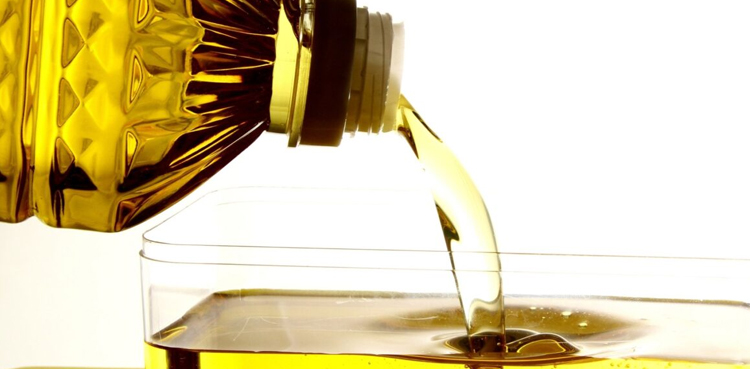- Get link
- X
- Other Apps

Indonesia’s chief economic minister on Tuesday assured no disruption in domestic cooking availability when a higher blend of palm oil-based fuel in biodiesel is launched on Feb. 1, seeking to allay concerns over supply and prices.
The world’s top palm oil producer last year imposed various measures to control stubbornly high prices of local cooking oil, including a three-week ban on exports of the vegetable oil, shocking the global market.
On Wednesday it launches a mandatory biodiesel with 35% palm oil content, known as B35, expanding from the current 30%.
Coordinating minister for economics, Airlangga Hartarto, said B35 would absorb some of the supply that usually goes to Europe, where the edible oil is facing some opposition due to its link to deforestation.
“The B35 programme will not disrupt supply needed for (food) consumption,” he told reporters. “Domestic supply is guaranteed to be enough.”
He referred to the government’s request on Monday for local cooking oil producers to boost supply to the domestic market by 50% to 450,000 tonnes for the next three months, to meet rising demand ahead of Islamic religious festivities.

Indonesia uses the world’s highest blend of palm oil in mandatory biodiesel, aimed at reducing reliance on imported diesel and propping up demand for the versatile vegetable oil.
The country’s palm oil fund (BPDPKS) on Tuesday estimated that 30.22 trillion rupiah ($2.02 billion) would be needed to subsidise biodiesel distribution in 2023, its chief Eddy Abdurrachman said, slightly less than last year, despite the higher palm oil blend.
That was due to a narrower gap between the costs of palm-based fuel and fossil diesel fuel, Eddy said.
The fund collects levies from palm oil exporters and uses the proceeds to subsidise the biodiesel mandate and other programmes such as palm replanting schemes.
The higher blend is expected to increase consumption of fatty acid methyl ester (FAME), the fuel made from palm oil, to 13.15 million kilolitres (KL), up from last year’s 10.4 million KL.
Industry experts said this roughly translates to 11 million tonnes of crude palm oil (CPO) absorption, up from 9.6 million tonnes of CPO last year.
The Indonesia Palm Oil Association (GAPKI) had estimated palm oil output of around 50 million tonnes in 2023.
($1 = 14,975.0000 rupiah)
from ARY NEWS https://ift.tt/siAOKjW
- Get link
- X
- Other Apps